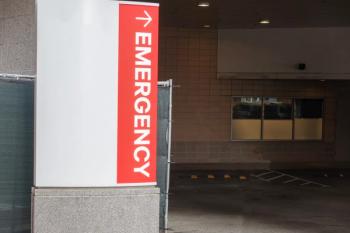
First Clinical Trial of mHealth Adherence App as a Standalone Yields Little Improvement
The apps have a greater effect when paired with clinician intervention, but the authors of a new study say that kind of defeats the purpose.
In what its authors call “the first randomized clinical trial reporting the effect of a standalone mHealth platform to increase medication adherence and improve blood pressure control,” the app did show that it can help patients adhere to their prescriptions.
It did not, however, lead to a noticeable improvement in blood pressure.
The large team of researchers from Brigham and Women’s Hospital and Harvard Medical School sorted more than 400 patient participants with hypertension into intervention and control groups. They had the intervention group use Medisafe’s prescription adherence app, which alerts patients to take their prescriptions.
>>READ:
Using the Morisky medication adherence scale, which runs from 0-8 with lower numbers representing worse adherence, they found that patients in the intervention group had a mean score improvement of 0.4 after 12 weeks. Scores in the control group remained unchanged. Both groups experienced decreases in blood pressure, but they were nearly identical.
The authors offered a few explanations for the outcomes they found. Patients in both groups were required to submit periodic blood pressure readings as part of the study, which in itself is a form of self-monitoring and could have been nearly as much of a reminder to take the
The change in MMAS might not have been enough to improve blood pressure anyway. The authors wrote that it might require as much as a 2-point change on that scale to reflect noticeable improvements in blood pressure.
And finally, they suggest that it might have more to do with the condition they were testing for than Medisafe’s app. “While the app we tested has received very high usability scores, it may be that individuals with hypertension have needs that are different from those of individuals with other conditions,” they wrote, suggesting that adherence apps could benefit from more condition-specific tailoring.
The only other comparable work they found used an app in conjunction with a far more involved clinician intervention, which could suggest that the apps are better off as an adjunct to traditional care. Though that, they conclude, might defeat the point of adherence apps: “Using apps in the context of clinical care and relying on physicians to interact with patients for them to work is resource-intensive and undercuts the efficiencies of stand-alone tools to aid patients in self-management.”
The new study was published this week in
Related Coverage:






















































































